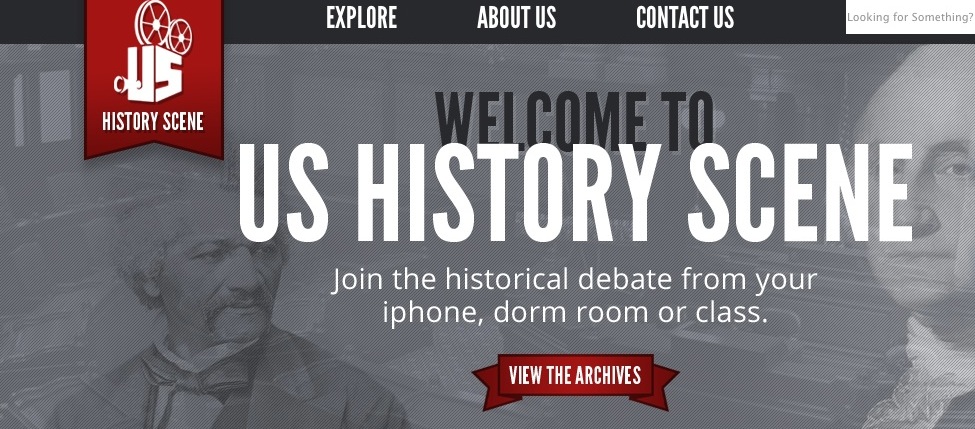
U.S. History Scene, a multimedia portal for U.S. history education established in 2010, has posted a rousing call to action from our founding Board Member James Brewer Stewart. In “Back to the Future: Historians Against Slavery and the Return of the Scholar as Activist,” Stewart explains our motivations as an organization and makes a stirring appeal to historians to heed Wendell Phillips’s criticism of “timid scholarship.” Here’s a taste:
Historians Against Slavery (HAS) began taking shape in 2011 when its founders came to the disturbing realization that slavery thrives today. They also encountered indisputable evidence that the enslaved today are uprooted, transported, trafficked, exploited and abused, much they had been before the Civil War. As it was “back then” enslaved labor creates an enormous number of products that we, the unenslaved, rely on every day. The only difference is that today these products deluge us from many international sources, not solely from our own economy. Coffee, tea, clothing, electronics, food products of all sorts, cosmetics, automobiles and household furnishings only begin a much longer list. And as it was “back then,” slavery today wrenches children from parents and wives from husbands. Now, as “then,” wherever one finds it, slavery is rife with sexual exploitation of women and children.
These facts shock any person of conscience. Yet founders of Historians Against Slavery (HAS) found this information particularly disturbing because it challenges their deepest moral beliefs and intellectual commitments as educators. For the past three decades, they had been anchoring their teaching, scholarship, and service to the public in their profound moral objections to the historical enslavement of African Americans and others. Now, they realized, the alarming perpetuation and persistence of slavery all over the globe was mocking the values that inspired them as teachers and scholars.
Like so many other historians of their generation the founders of HAS have been deeply influenced by the Civil Rights and feminist struggles of 1960s and ’70s. They felt moved to pose these questions: “Where, why and how did the terrible racial injustice and estrangement between black and white originate? Who and what has been responsible for continuing it over the centuries? What have Americans done in the past to oppose it and what were their successes and failures? How was slavery finally eliminated? Was it truly ended at all? What legacies has our history of slavery and emancipation bequeathed to our own time?”
Read the whole thing.
